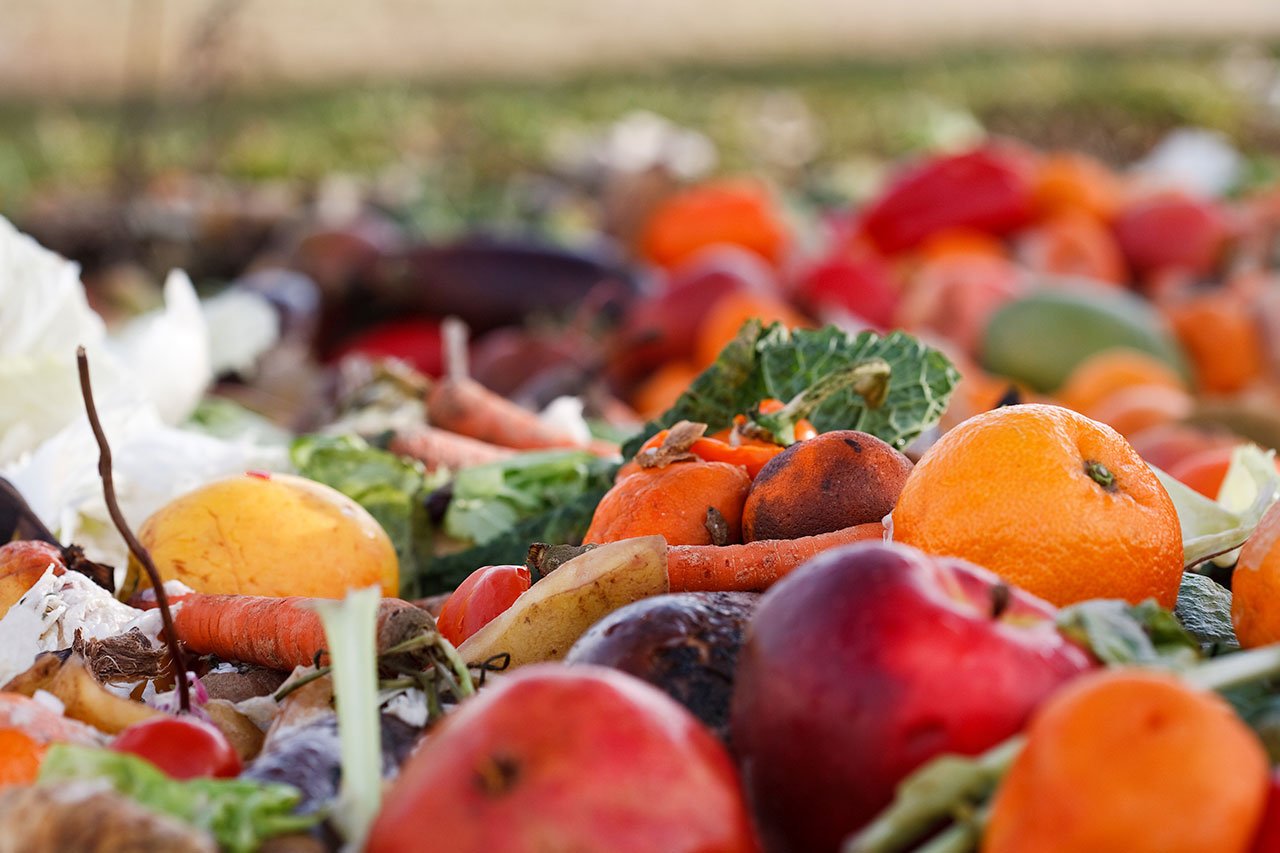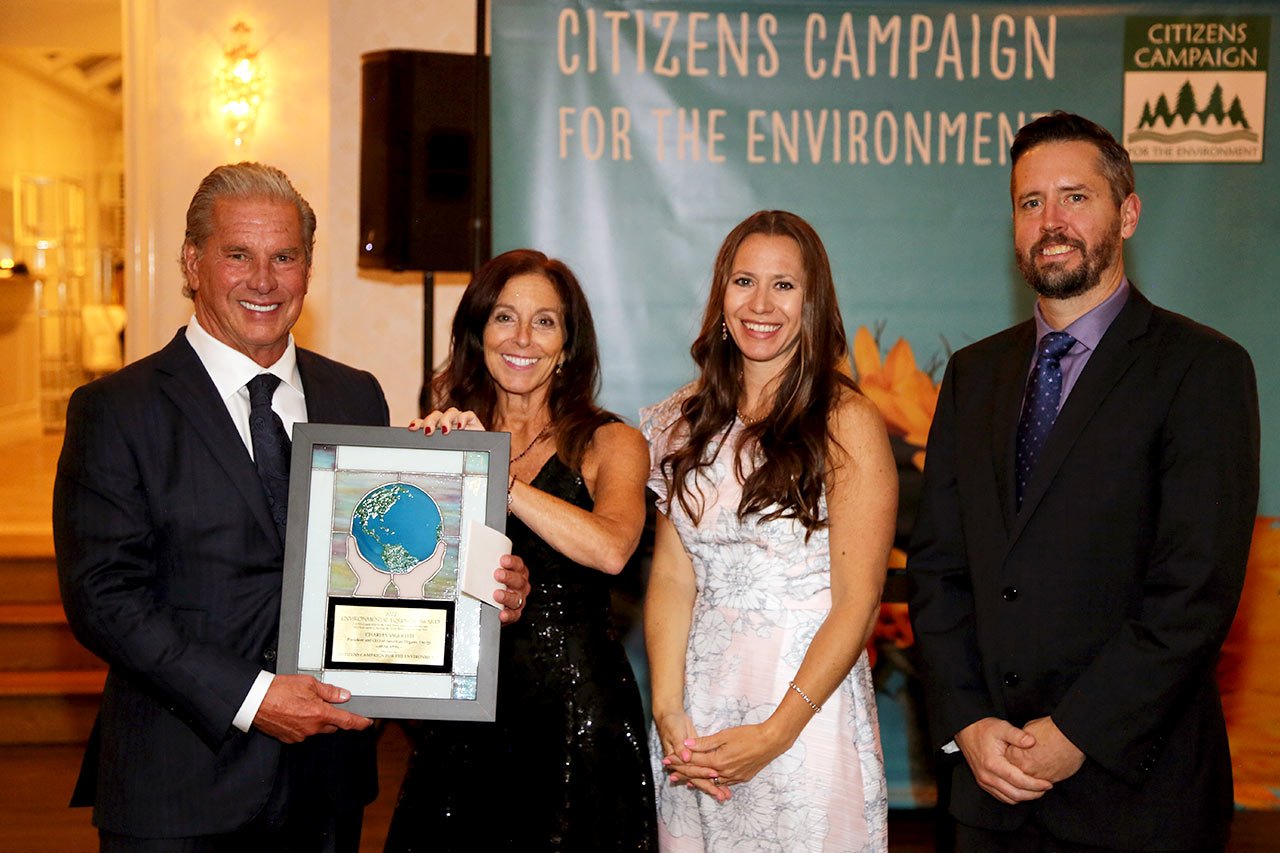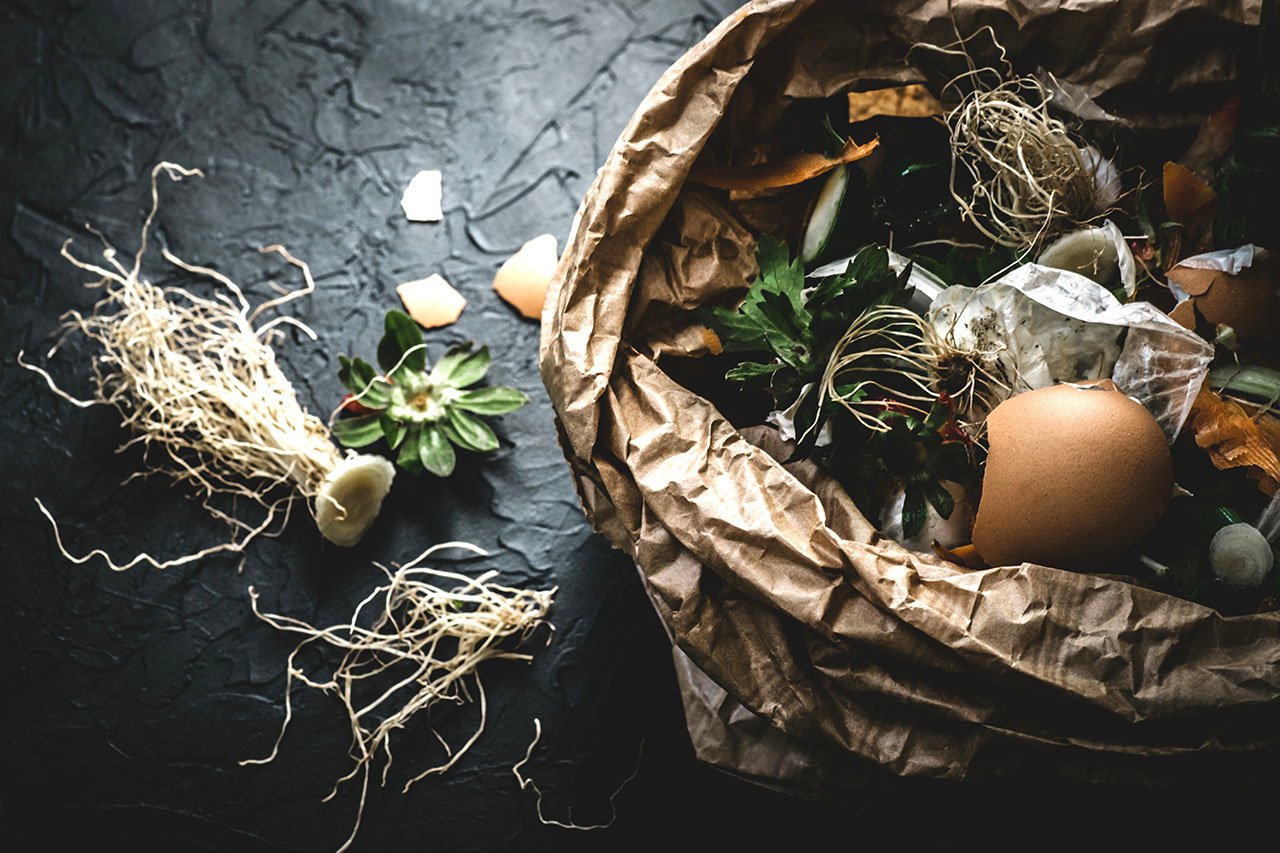
Organic soil is composed primarily of plant material, making it far more adept at cultivating plant life than its non-organic alternatives.
Bringing Soil to Life
Also known as “living soil,” it consists of plant and animal residues at all stages of decomposition—lichens and mosses, grasses and leaves, trees, and other vegetative matter, the cells and tissues of soil organisms, and substances synthesized by the soil itself. This makes organic soil especially rich in humus, the end result of decaying materials such as leaves, grass clippings, and compost.
These ingredients add to the soil nutrient content, resulting in a loose and fluffy consistency that is less likely to become packed down, thereby improving drainage. In addition to holding moisture, organic soil is filled with beneficial components, including air integral for roots, minerals essential for plant growth, and living organisms such as earthworms, fungi and bacteria.
Compost Improves Composition
In certain instances, amendments may be added to organic soil to increase its richness, typically in the form of mulch or compost. While these are similar in composition, compost contains a greater range of decaying organic matter, including vegetable food scraps, leaves, and other vegetative waste. No matter the makeup, the most crucial composting component is achieving the proper balance of carbon, nitrogen, water, and oxygen.
The Inorganic Element
Of course, organic soil is not composed entirely of natural substances, and is actually classified by the size of its inorganic particles—from small to large: sand, silt and clay. This aspect determines the texture of the soil, the level of nutrients present, and overall drainage capability. When used in the growth of organic produce, depleted soil must be amended with essential organic compounds to meet the criteria set forth by the United States Department of Agriculture (USDA).
When properly proportioned, organic soil serves to deter pest infestations, while simultaneously providing food for microorganisms. This, in turn, helps to lead the natural production of both brown and green compost. Organic farmers can avoid using pesticides, as the richness of the soil provides natural protection from unwelcome intruders to the crop. Simply put, organic soil can be as beneficial to the environment as it is for the consumer.
For further information on organic soil, amendments, composting and more, contact Long Island Compost today.








